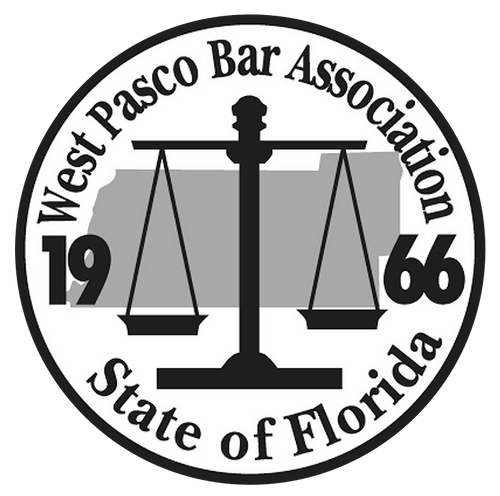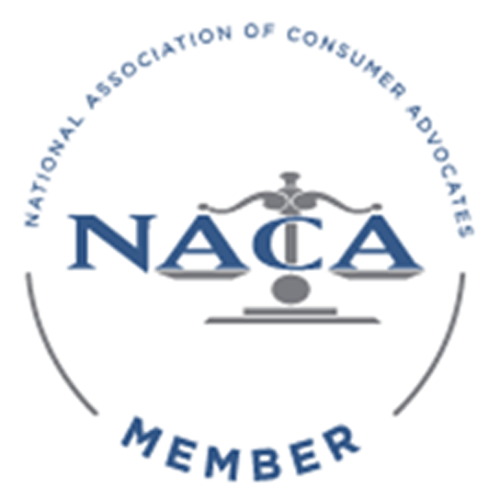What Are Closing Costs?
 If you’re planning to purchase a house, you’ve probably started thinking about how much money you’ll need to set aside for a down payment. But what about closing costs? Many first-time homebuyers are unfamiliar with these fees and end up being surprised by how much they need to pay at closing. So, to make sure that you’re not caught off guard at the last moment, we’ve compiled some helpful information about what closing costs are, what they include, and whether there’s any way to lower them.
If you’re planning to purchase a house, you’ve probably started thinking about how much money you’ll need to set aside for a down payment. But what about closing costs? Many first-time homebuyers are unfamiliar with these fees and end up being surprised by how much they need to pay at closing. So, to make sure that you’re not caught off guard at the last moment, we’ve compiled some helpful information about what closing costs are, what they include, and whether there’s any way to lower them.
What Are Closing Costs?
Closing costs are fees paid to a mortgage lender to cover their services, separate from the cost of the property itself. These fees usually total approximately 2% to 5% of the amount of the loan (so, for a $300,000 loan, closing costs would likely be between $6,000 and $15,000). As their name suggests, closing costs are typically paid on closing day, which is when property ownership transfers from the seller to the buyer.
What Do Closing Costs Include?
So, where does all of that money go? Closing costs are often meant to cover the following items:
- Appraisal fees
- Bank processing fees
- Credit report fees
- Flood certification fees
- Home inspection fees
- Intangible taxes
- Loan origination fees
- Municipal lien search fees
- Prepaid insurance fees
- Property taxes
- Real estate agent commissions
- Recording fees
- Settlement fees
- Survey fees
- Tax service fees
- Title insurance fees
- Title search fees
- Transfer taxes (also known as documentary stamp taxes or excise taxes)
Although buyers generally pay the majority of these costs, sellers will be responsible for certain items from the list.
Is There Any Way to Reduce Closing Costs?
As a homebuyer, you’re probably trying to save money wherever you can, so your next question will likely be whether there’s anything you can do to lower the amount you’ll need to pay for closing costs. Your first step should be finding a mortgage lender offering competitive fees and interest rates. Don’t be afraid to shop around and negotiate whenever possible.
You can also try to reduce your share of the fees by asking the seller to pay for either part or all of your closing costs (known as “seller concessions”). The percentage that a seller will be able to contribute will vary based on the type of loan being used and other factors. Keep in mind, however, that sellers generally won’t be as willing to make concessions in a seller’s market (when the demand for houses exceeds the number of houses available), in which case you run the risk of having your offer rejected if you ask for too many concessions.
Real Estate Closing Attorneys Serving the Tampa Bay Area
Are you thinking about buying a house? You should strongly consider hiring an attorney to assist you with the purchase. Although Florida doesn’t require attorneys to be involved in real estate transactions, it’s still a smart idea to retain one, since they can:
- Represent you in sales negotiations
- Advise you on legal matters
- Prepare any necessary legal documents (for example, an occupancy agreement or bill of sale for personal property)
This is all in addition to providing the same services as a title company (for example, issuing title insurance, holding escrow, and drafting mortgages, deeds, and releases). Plus, given that Florida sets title insurance rates by statute, and that attorneys charge approximately the same as title companies for closing and settlement fees, you won’t need to worry about paying an exorbitant amount.
Fortunately, if you’re in the Tampa Bay area, you can count on the skilled attorneys at The Lyons Law Group, P.A., to help guide you through your upcoming real estate closing. We have offices in New Port Richey, FL, and Spring Hill, FL, and we proudly serve clients across Pasco and Hernando counties. Contact us today to schedule a free initial consultation, and be sure to check out our helpful closing cost calculator.





